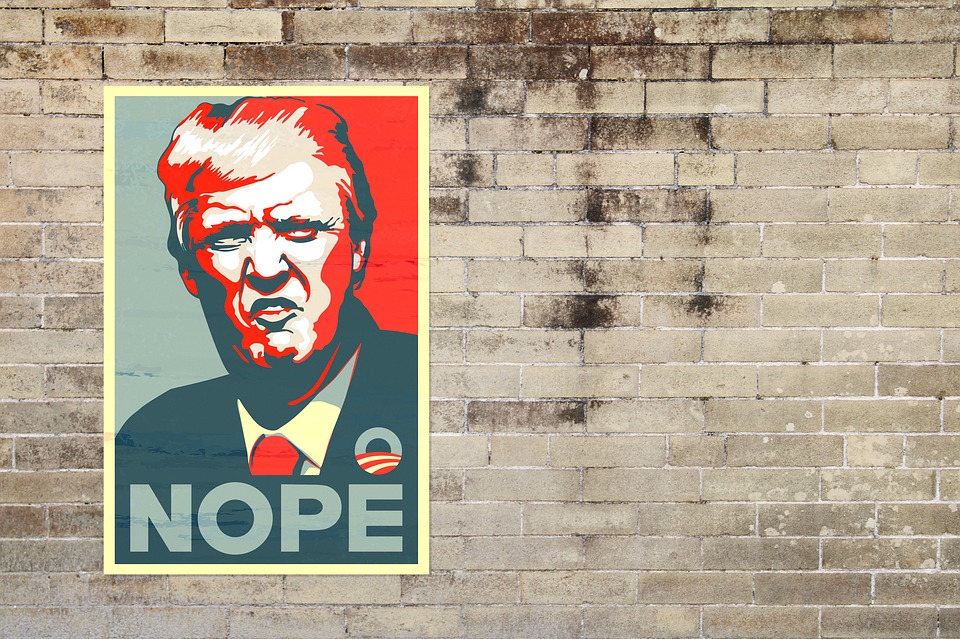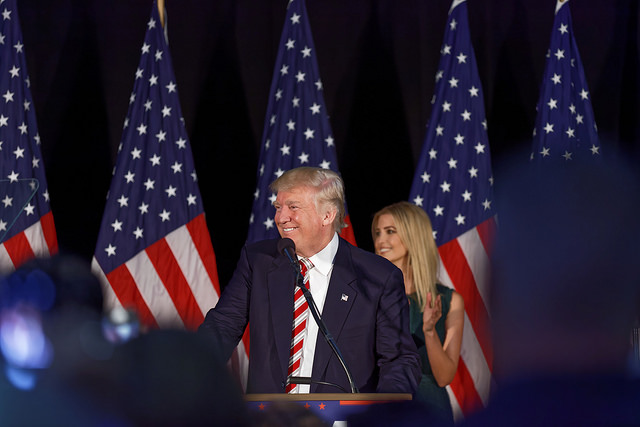Latest blog articles
-
-
Breath in, breath out. Yes, the judgment of the (unlawfully composed) Polish Constitutional Tribunal is a serious challenge to the European Union’s legal system and to the principle of primacy of EU law. No, Poland has not activated the process of withdrawal from the EU under Article 50 TEU. Yes, EU...
-
On Friday 31 July, the Cypriot parliament voted against the Comprehensive Economic and Trade Agreement (CETA) with Canada. This latest development in the ratification process of CETA illustrates perfectly how facultative mixity continuously frustrates our collective interest in seeing the...
-
With the development of international trade, local products have started to spread all around the world and become popular worldwide. Geographical indications (GIs) are meant to protect the use of the name that indicates certain characteristics and the origin of products typical for a particular...
-
What we witness now shows resemblances with the new Turkish and the Russian presidential model: the president has executive powers but is also largely supported by his parliament, banning or disabling the effect of balances of power through their checks and balances.
-
When Trump tweeted "See you in Court, the security of our nation is at stake" he was absolutely right, but not as he intended it to mean. Because yes, courts are essential for the security of (the citizens of) the state.
-
May the US President appoint his son in law as advisor to the White House? For quite a lot formal appointments the President needs the advice and consent (permission) from the senate, but not here. Is it permissible?
-
Legitimacy in the political sense can be defined as an inquiry into the justification for the exercise of public authority. Or put differently: it is the reason why I, being part of society, should accept laws and regulations that bind me.







